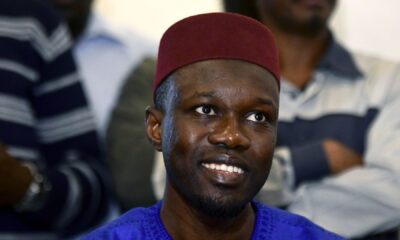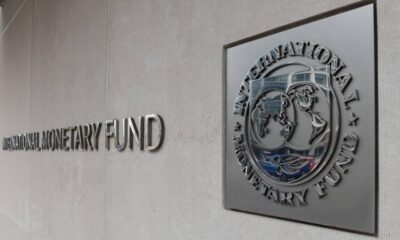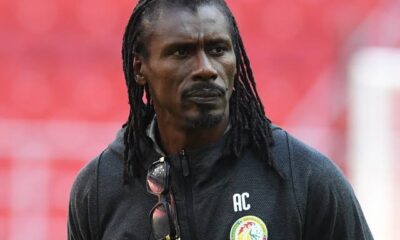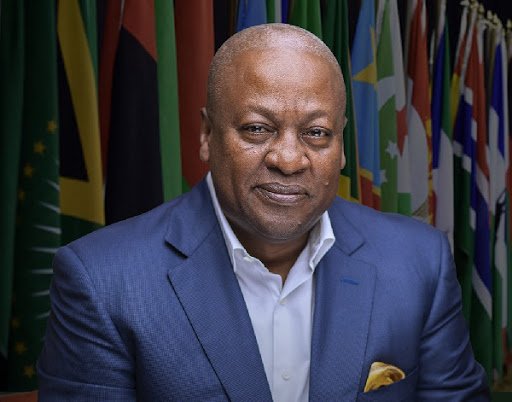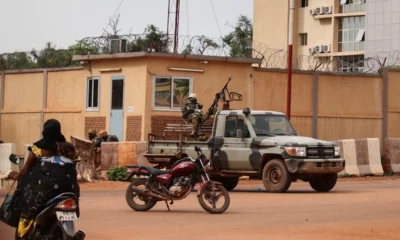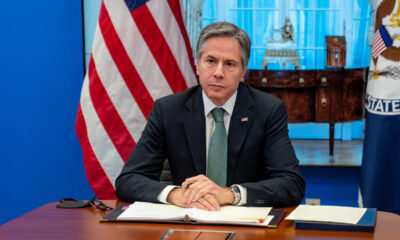Senegalese opposition leader, Ousmane Sonko has received a two-month suspended prison sentence for libel in a case involving the country’s tourism minister, Mame Mbaye Niang.
Sonko’s lawyer, El Hadji Diouf made the revelation on Thursday, adding that the sentence would not prevent him from running in elections next year.
The prominent opposition Senegalese leader is no stranger to legal troubles. He was ordered to face trial for alleged rape in January.
He was later accused of libel for accusing the tourism minister of embezzlement but denied wrongdoing, and previously said the charges were a tactic to eliminate him from the presidential race. The government denies this accusation.
The 48-year-old former tax inspector who came third in Senegal’s presidential election in 2019 has enjoyed a rapid political rise thanks in part to his popularity with young people.
One of his lawyers, Pierre-Olivier Sur, while commenting on the ruling, said the sentence was an effort by authorities to defuse a stand-off with his supporters, who have repeatedly taken to the streets to denounce what they say is a politically motivated campaign.
“It is a verdict of appeasement. The sentence is moderate to the extent that it does not remove his (Sonko’s) civil and political liberties and the right to remain in the political debate.”
His detention has led to sporadic, sometimes violent, demonstrations over the past two years. Thus, forcing authorities to ban most planned protests in Dakar, and dispersed gatherings with tear gas and stun grenades, including the latest on Wednesday.
The demonstration also led to a call by President Macky Sall last week for regional authorities to “preserve public order.”
Pressures have continued to gather over plans by the Senegalese President to run for a third term and Sonko who is believed to still have a presidential ambition is widely considered a threat to Sall’s move.
According to freedomhouse, Senegal is one of Africa’s most stable electoral democracies and has undergone peaceful transfers of power between rival parties since 2000. However, politically motivated prosecutions of opposition leaders and changes to the electoral laws have reduced the competitiveness of the opposition in recent years.

 VenturesNow1 day ago
VenturesNow1 day ago
 Metro2 days ago
Metro2 days ago
 Metro1 day ago
Metro1 day ago
 Musings From Abroad1 day ago
Musings From Abroad1 day ago


